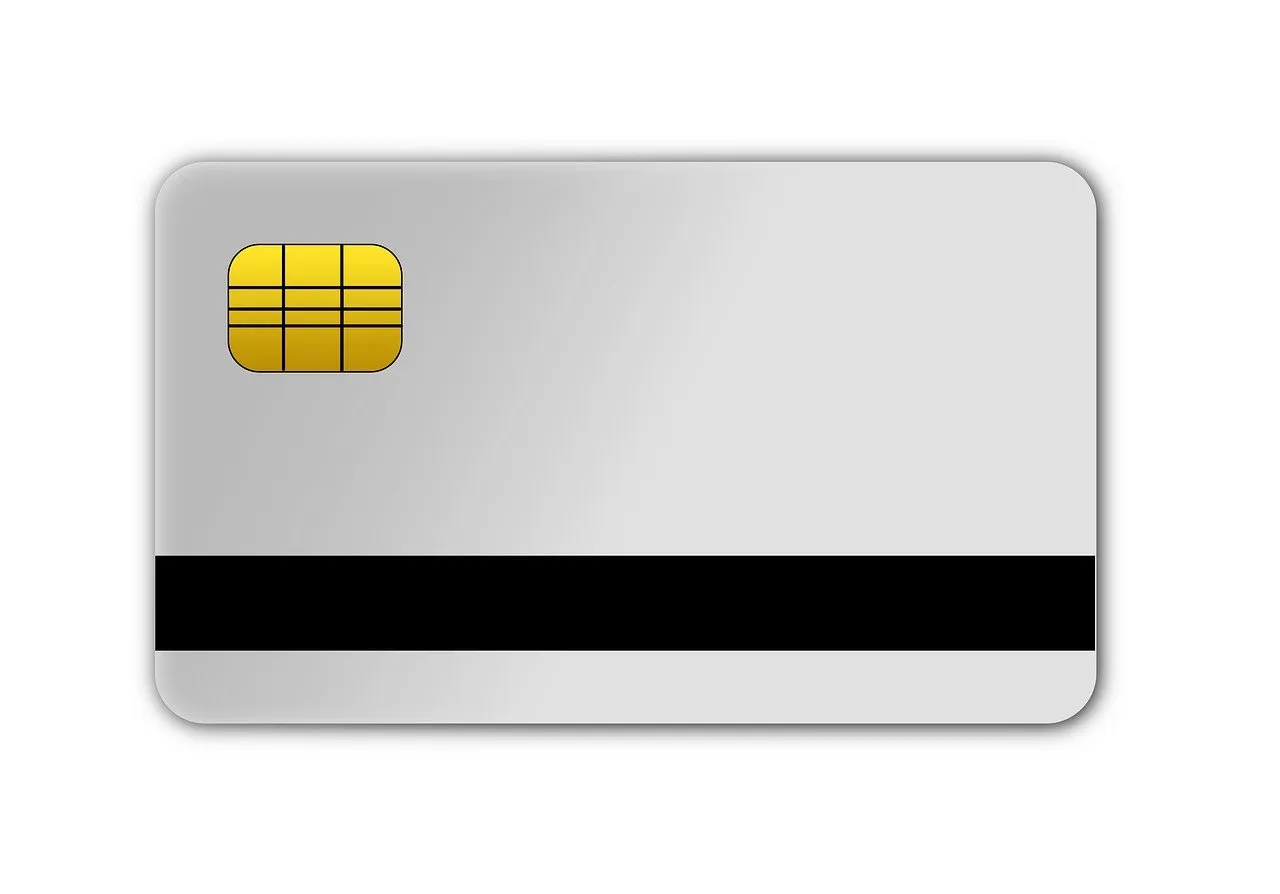We all are more or less familiar with the term digital currency. In the present century this word is very popular with all of us. Especially with the popularity of Bitcoin, digital currency or cryptocurrency is the focus of everyone's discussion. But when we talk about digital currency, we think of a cryptocurrency like Bitcoin. But we think that cryptocurrency and digital currency are similar. However, digital currencies are quite different from cryptocurrencies. To be honest, many of us do not know the difference between them. This is what we are writing about today and I hope to explain to you in detail and you will understand about digital currency.

Digital currency is the traditional currency of many countries that has been digitized. Which is controlled by central bank or government or country. The value of these digital currencies is exactly the same as the value that we can touch with our hands or value. They are usually controlled by central banks or financial institutions or governments. For example, we see other digital currencies including the USD or the European Union currency Euro on various exchange sites that have the same value or price and are regulated by a central bank. These are stable currencies.
Advantages of Digital Currency
- Central banks usually issue these digital currencies as electronic versions of conventional currencies. This currency is the digital version of our everyday currency such as money, dollar, euro or yuan, which are paper or metal coins. Central banks issue electronic versions of their currency without printing paper or minting metal coins. These These digital currencies are exchanged electronically without the need for banks or intermediaries. One of the disadvantages is that you don't have to carry this digital currency in your pocket. And it can be transacted at home at any moment.
- For those who are largely excluded from the benefits of commercial banks or such financial institutions, digital currencies will bring them into financial inclusion. And it will easily facilitate people's financial transactions. Along with the use of this digital currency, human technology innovation, exchange efficiency and economic development will happen. As it does not have to go to the bank for the transaction, it will be directly exchangeable through the central bank thereby reducing the transaction fees. As a result it will save people from extra cost and time. Moreover, digital currency will help prevent some types of financial crimes. Because, it is easy to know who sent or received a coin. Because the information of the transactions here will be with the central bank.
Disadvantages of Digital Currency
Since this is a digital currency and its transactions will be online, the biggest challenge in this area will be cyber security. Because, if the digital currency is hacked, the possibility of getting that money back is very slim. Moreover, the most important thing is that people will be connected to the Internet and public networks to use digital currency. But one more thing we have is that many countries do not have a good internet system or many people are not that good at using the internet. So here these risks remain. Risks must be properly assessed. Technically maintaining digital wallets or transactions will also be a challenge and everyone needs to know how to use their wallets. There should be specific guidelines regarding these. There needs to be privacy and security of passwords but honestly many people can't remember their passwords or remember passwords through shopkeepers. The biggest thing is that this digital currency is prone to hacking and there should be good internet connection.